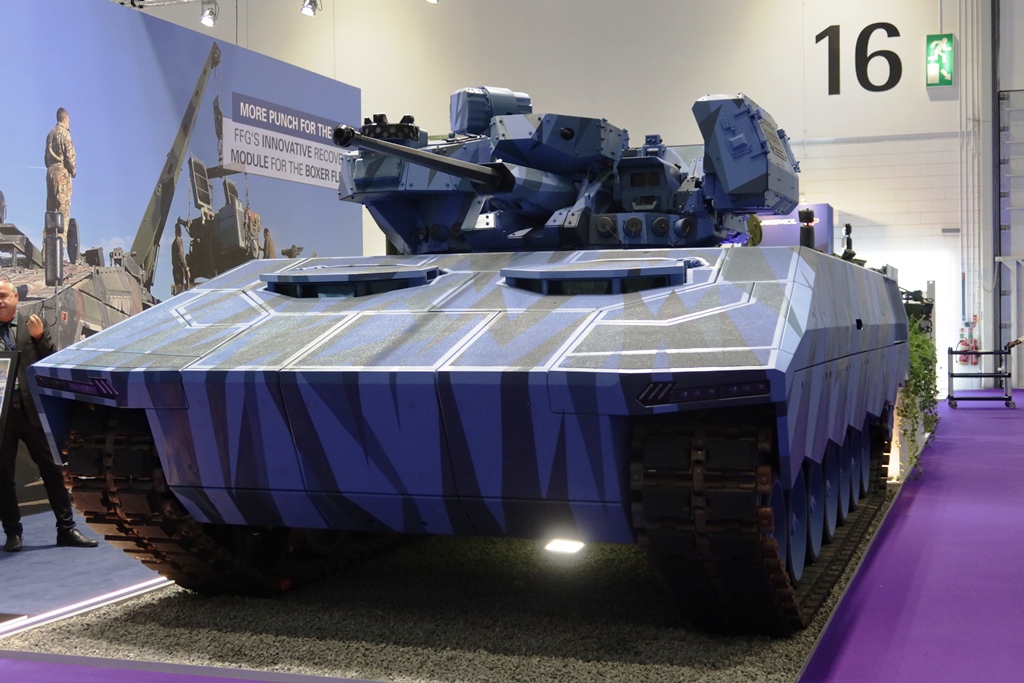European Allies Strengthen Support for Ukraine Amid Changing Dynamics
As the geopolitical landscape surrounding Ukraine continues to evolve, recent developments highlight a significant shift in military support dynamics. Following a notable reduction in assistance from the United States under President Donald Trump, European allies are stepping up their commitment to arm Ukraine in its ongoing struggle against Russia’s invasion. This pivotal moment underscores a broader shift in defense responsibilities and international relations within NATO.
Shift in U.S. Policy
Under President Trump, U.S. priorities regarding the conflict in Ukraine appear to be transitioning from direct military support to diplomatic engagements aimed at negotiating a peace deal with Russian President Vladimir Putin. This change in focus has raised concerns among Ukraine’s supporters, including European nations that have traditionally relied on American leadership and resources to bolster Kyiv’s defenses.
Leadership Transition in NATO Support
In a recent meeting of Ukraine’s backers at NATO headquarters in Brussels, Britain and Germany took the lead in discussions that were previously dominated by U.S. representatives. The shift in leadership indicates a changing relationship within NATO, with European members preparing to assume greater responsibilities as U.S. engagement fluctuates.
During these discussions, U.S. Defense Secretary Pete Hegseth participated remotely, signaling Washington’s continuing interest, yet also highlighting the distance between U.S. policy and European priorities. German Defense Minister Boris Pistorius acknowledged the uncertainty of American involvement, stating, “In the weeks to come, we will see what’s going to happen with the US participation… We take on more responsibility as Europeans.”
Financial Commitments from Europe
Despite the uncertainties surrounding U.S. support, European nations have committed substantial resources to ensure Ukraine’s defense. British Defense Minister John Healey reported that European allies have promised an additional 21 billion euros (approximately $24 billion) to assist Ukraine in arming its military. This significant financial commitment reflects an urgent desire to adapt to the new reality of diminished American support.
Healey emphasized the urgency of providing aid, stating, “2025 is the critical year for this war in Ukraine, and now is the critical moment in that war.” His remarks underscore the heightened stakes and the resolve of European nations to stand firm in the face of aggression from Russia.
Tactical Enhancements for Ukraine
As part of its increased commitment, the U.K. aims to bolster its support significantly, pledging approximately $450 million in additional aid, which includes the provision of thousands of drones to support Ukrainian forces on the frontline. These drones are expected to enhance operational capabilities and provide a crucial edge in the ongoing conflict.
Healey’s assertion that this support sends a dual message—to both Putin and Ukraine—illustrates the multifaceted nature of military assistance. By reinforcing Ukraine’s defenses, European allies aim to deter further Russian aggression while simultaneously reassuring Kyiv of their unwavering commitment.
Europe’s Emergence as a Security Leader
Ukraine’s Defense Minister, Rustem Umerov, expressed gratitude for the evolving role of European nations in the security landscape, stating, “Europe is taking over the lead in security assistance… It’s a share of responsibilities.” Umerov’s comments reflect a collaborative spirit emerging from the challenges posed by the conflict, indicating a shared burden among allies in responding to the security crisis.
This collaborative approach signifies a pivotal moment for Ukraine, as it receives vital support from European partners, allowing the U.S. to focus on broader peace negotiations without entirely withdrawing from its commitment to Ukraine’s sovereignty.
Conclusion
The evolving dynamics of support for Ukraine amidst the U.S. shifting focus highlights both challenges and opportunities for European allies. As they step into leadership roles to provide military assistance, the unity displayed by these nations aims to reinforce Ukraine’s defenses while signaling a clear deterrence to aggression from Russia.





